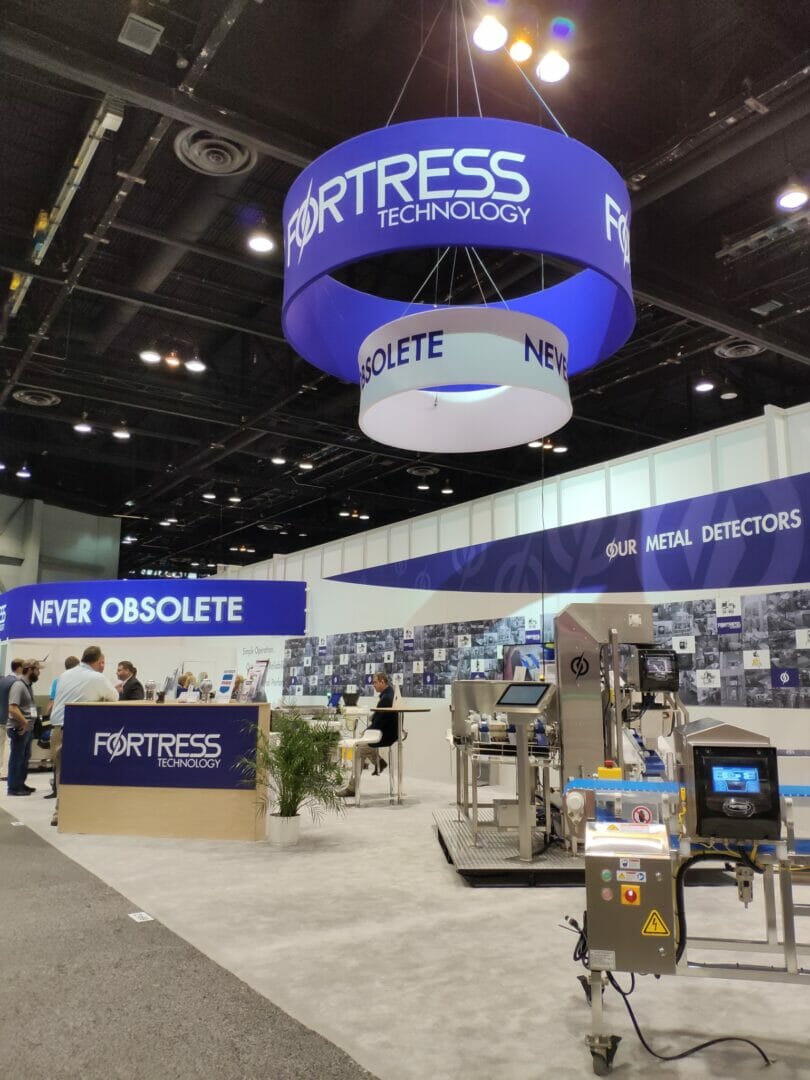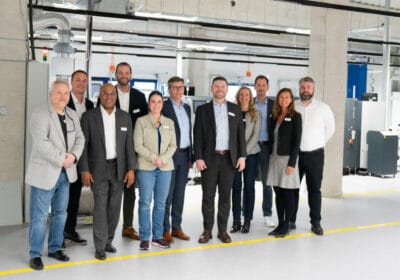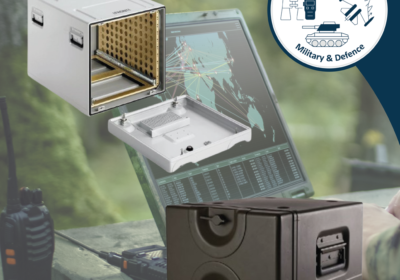Embracing sustainability is a smart business move. Especially in food production, where the effects of waste, energy consumption and resources ripple out to consumers in mainstream society, influencing their decision making process.
For Gen Z especially, environmental stewardship is especially prevalent. With Millennials now making up one fourth of the planet’s population, their spending power will have a marked impact on the future consumer landscape. Characteristically, Millennials value convenience. Yet, they also want to be more informed about business practices, with 81 per cent also wanting to know the backstory of where their food has come from. Unlocking this millennial mind-set could be the key to manufacturers achieving circular economy success, believes Phil Brown, European Managing Director at food inspection specialist Fortress Technology.
As a Millennial business itself – Fortress began manufacturing in the UK in 2011 – the company’s founding principles performance, reliability, simple operation and Never Obsolete commitment continue to assist food producers the globe over to raise their sustainability game.
Phil believes that choosing more sustainable production methods requires a multi-pronged approach. With 90% of Fortress metal detectors sold to food factories, “extending the lifespan of equipment and optimising Return on Investment (ROI) is one way keep your sustainability stakeholders happy,” he says.
“Many larger food producers today are finding themselves under pressure from investors to provide hard evidence of sustainable actions,” highlights Phil. “It means you can’t just claim to be sustainable; you have to prove and rubber stamp it.”
For food factories, demonstrating, let alone quantifying sustainability, is often the greatest challenge. Even the word itself means different things to different generations, from environmentally friendly to organic, ethical to transparency. Another challenge is the split about what constitutes sustainability between consumers and industry. This is in part due to the fact there are so many aspects to the agenda – from being eco-friendlier by reducing energy consumption and carbon footprint, to tackling the volume of food that ends up in landfill.










